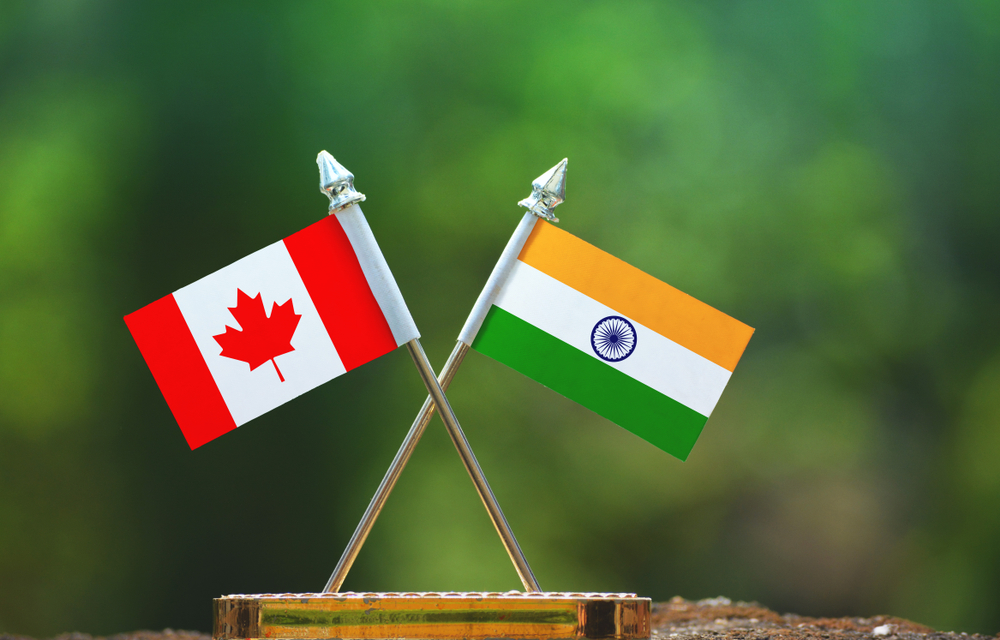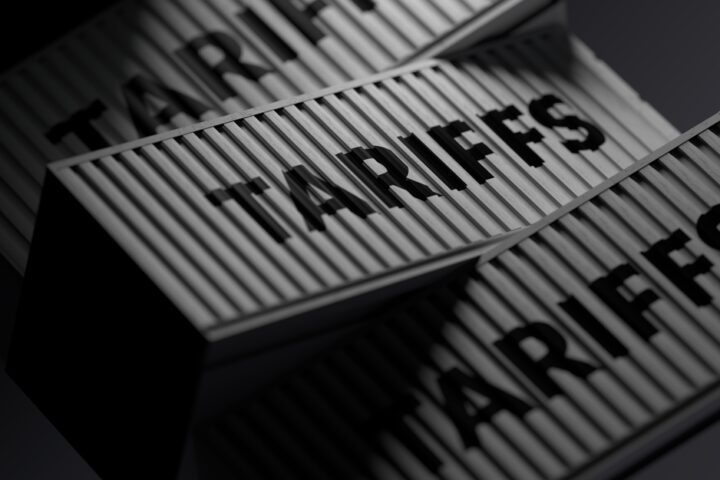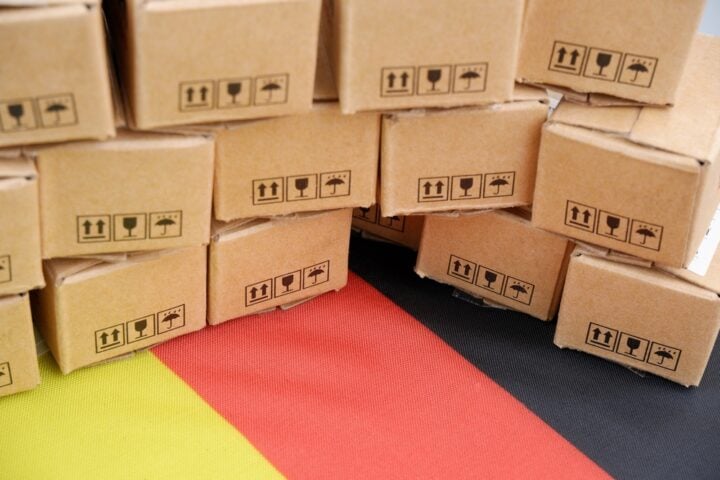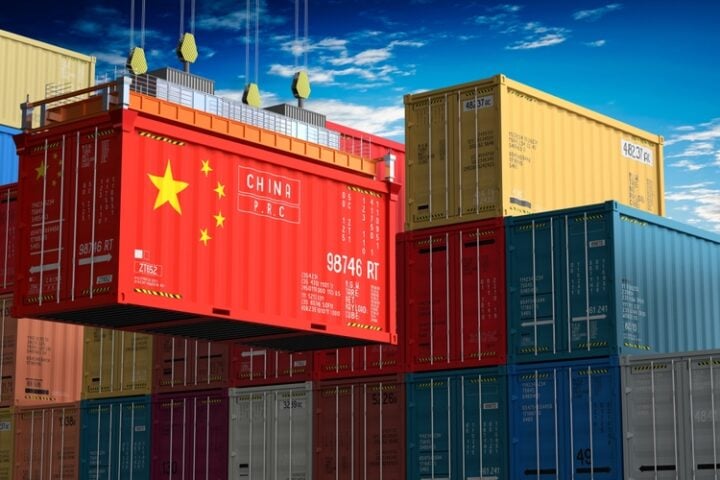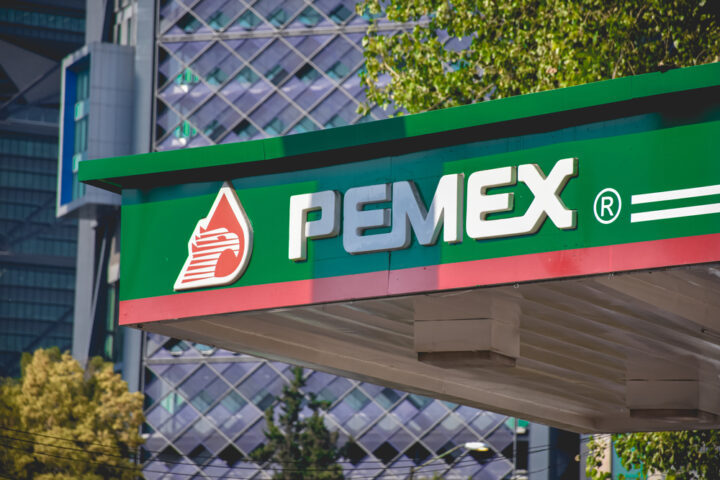In a significant diplomatic standoff, Canada has expelled six Indian diplomats following an investigation by the Royal Canadian Mounted Police (RCMP). The federal police uncovered evidence that agents from the Indian government had orchestrated a “campaign of violence” targeting dissidents in Canada, raising concerns about public safety. Canadian Prime Minister Justin Trudeau addressed the issue during a press conference, stating that the evidence pointed to clandestine operations, including coercion and involvement in violent acts, with over a dozen incidents linked to these activities.
Escalating Diplomatic Tensions
The diplomatic fallout intensified when India retaliated, expelling six Canadian diplomats, including the acting high commissioner. India also withdrew its top envoy from Ottawa, citing the Canadian government’s investigation, which identified the diplomats as “persons of interest.” India’s foreign ministry condemned the actions as “completely unacceptable” and accused Canada of politically motivated accusations. New Delhi emphasized that Canada had failed to provide proof for its claims, asserting that the allegations were baseless.
The diplomatic crisis stems from tensions that have been building since September 2023 when Trudeau publicly claimed that Indian agents were involved in the assassination of Hardeep Singh Nijjar, a Sikh separatist leader, on Canadian soil. Nijjar, a proponent of an independent Khalistani state, was branded a “terrorist” by India in 2020. India has consistently denied involvement in Nijjar’s death and challenged Canada to present concrete evidence.
Canada and India Exchange Accusations
In response to Canada’s actions, India accused the Trudeau administration of providing a safe haven to extremists who threaten Indian interests. The Indian government criticized Canada for allegedly allowing anti-India activism to thrive, claiming that violent elements had been permitted to harass Indian diplomats within Canada’s borders. Canada, however, has dismissed these accusations, maintaining that it is not fostering extremism.
Back in Canada, RCMP Commissioner Michael Duheme underscored the seriousness of the findings, describing the Indian agents’ activities as substantial threats to the safety and security of Canadians. According to Duheme, the police investigation uncovered a broad range of criminal activities orchestrated by Indian agents.
Global Implications and Allies’ Role
Vina Nadjibulla, research director at the Asia Pacific Foundation of Canada, described the situation as a “serious escalation” in diplomatic relations between the two nations. She highlighted the potential role of international allies, such as the United States and other G7 countries, in shaping the outcome of this dispute. Nadjibulla noted that while Canada has called for India’s cooperation in the investigation, India has shown little willingness to comply. She stressed that the perspectives of these key global partners could prove decisive in the unfolding crisis.
The relationship between Canada, the United States, and India has been further strained by related incidents. Shortly after Trudeau’s initial accusations, the United States revealed that Indian agents were allegedly involved in an attempted assassination of another Sikh separatist leader, Gurpatwant Singh Pannun, in New York. Charges were filed in November 2023 against Nikhil Gupta, an Indian national, for his role in the plot, which reportedly had ties to Indian government employees.
Calls for Resolution Amid Heightened Tensions
Earlier this year, a Canadian parliamentary committee named India and China as leading foreign threats to Canada’s democracy, based on intelligence reports. India dismissed this as a politically motivated charge. Trudeau has called for dialogue, expressing hope that India would engage with his government to resolve the issue. However, the lack of cooperation has deepened the divide between the two nations.
As the crisis continues, both sides remain entrenched in their positions. Canada insists that its actions are based on verified evidence, while India maintains that it is being unfairly targeted for political reasons. The diplomatic tensions have tested Canada and the U.S.’s broader ambitions of strengthening ties with India to counterbalance China’s influence on the global stage, revealing the delicate balance between geopolitical interests and internal security concerns.


